Polar bears are often used as the poster children of climate change. They're cute, they’re iconic, and they’re definitely in trouble. But focusing only on these fluffy giants might make us forget that the effects of climate change are far more widespread. The truth is, there are countless other species that are also at risk—and they don’t always get the attention they deserve.
The Big Picture: Climate change isn’t happening in some far-off place—it’s here, it’s now, and it’s affecting every living thing on the planet. Scientists estimate that over the coming decades, about one million species could be pushed into the danger zone due to human-caused climate change. Many of them are already struggling to adapt.
Here’s just a small glimpse at some of the incredible creatures currently at risk:
- Tigers 🐅
- Bumblebees 🐝
- Whales 🐋
- Asian and African Elephants 🐘
- Snow Leopards ❄️🐆
- Mountain Gorillas 🦍
- Monarch Butterflies 🦋
- Koalas 🐨
- Green Sea Turtles 🐢
- Giraffes 🦒
- Insects 🐞
- Coral Reefs 🌊
- Ringed Seals 🦭
- Atlantic Cod 🐟
What’s Next? It’s easy to feel overwhelmed by the sheer number of species facing extinction, but there’s a lot we can do to help. Every action we take to reduce our carbon footprint, support conservation efforts, and spread awareness contributes to the protection of these incredible creatures. They might not all have the appeal of a polar bear, but they’re just as vital to the health of our planet.
So next time you hear about climate change, remember that it’s not just about the polar bears—it’s about protecting the diversity of life on Earth. And that’s a cause worth fighting for.
Until next time, stay adventurous and keep fighting for our wild places and the creatures that call them home.
— The Freshfield Team


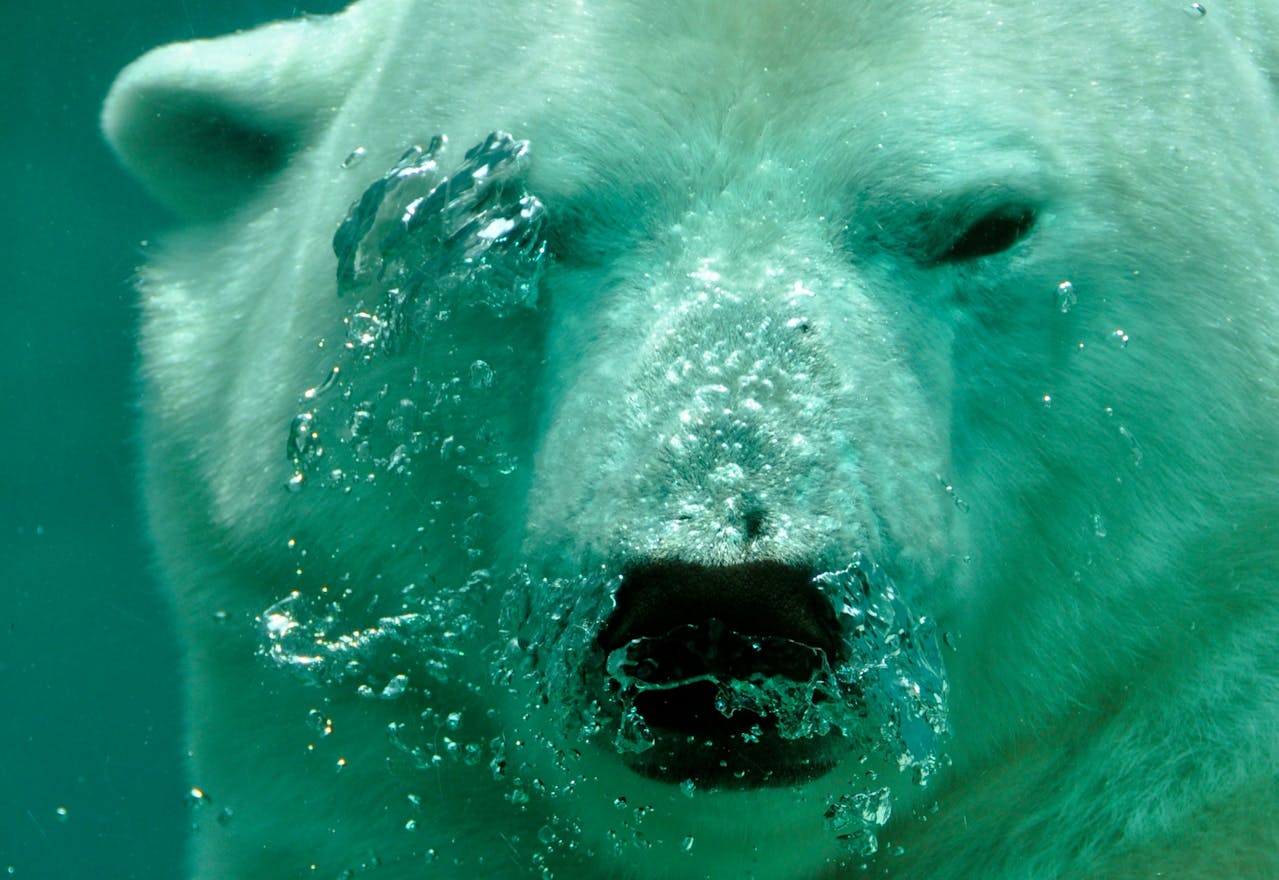
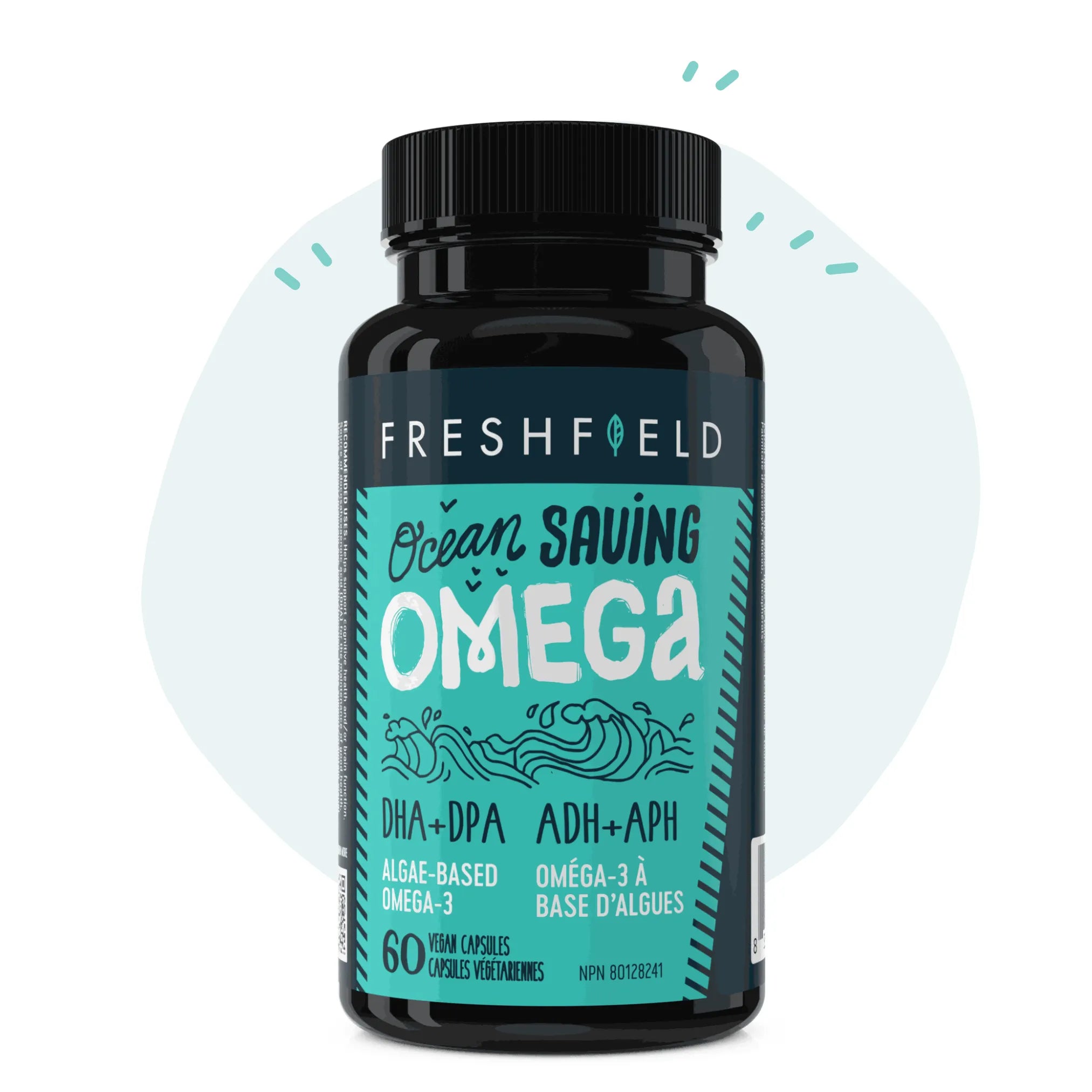
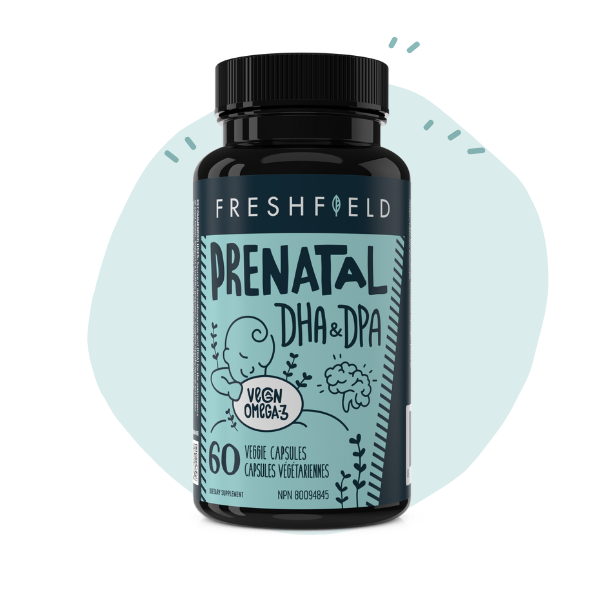
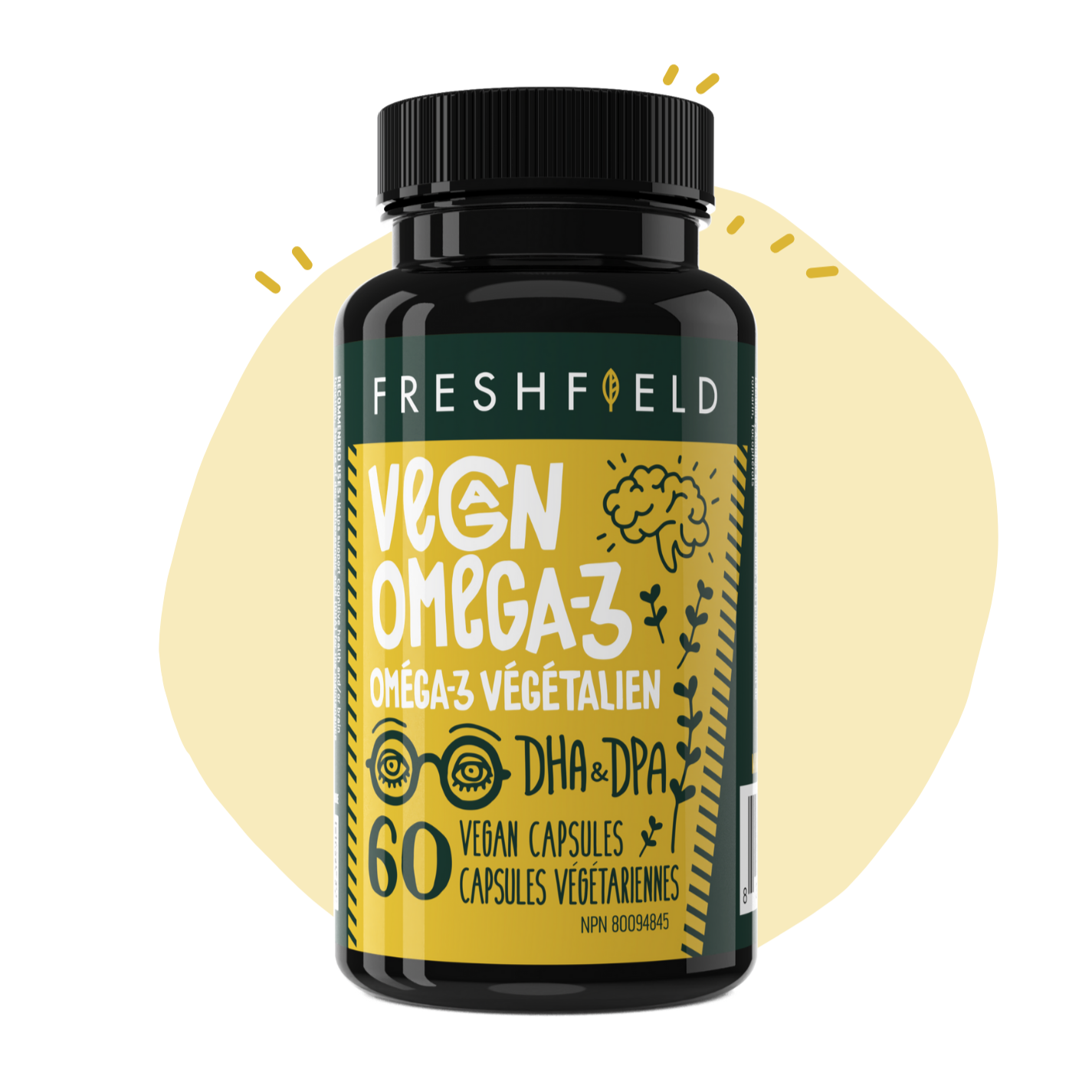
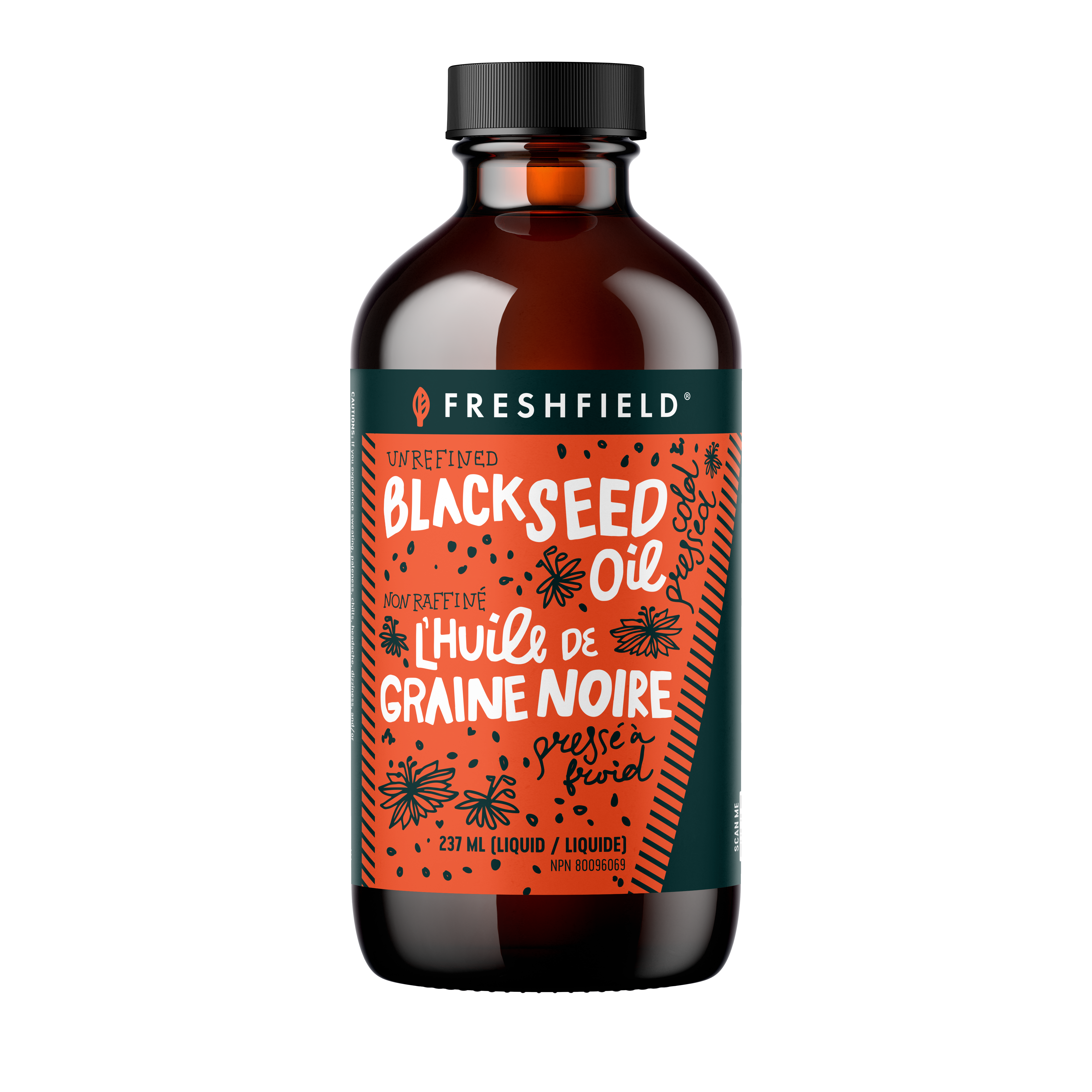
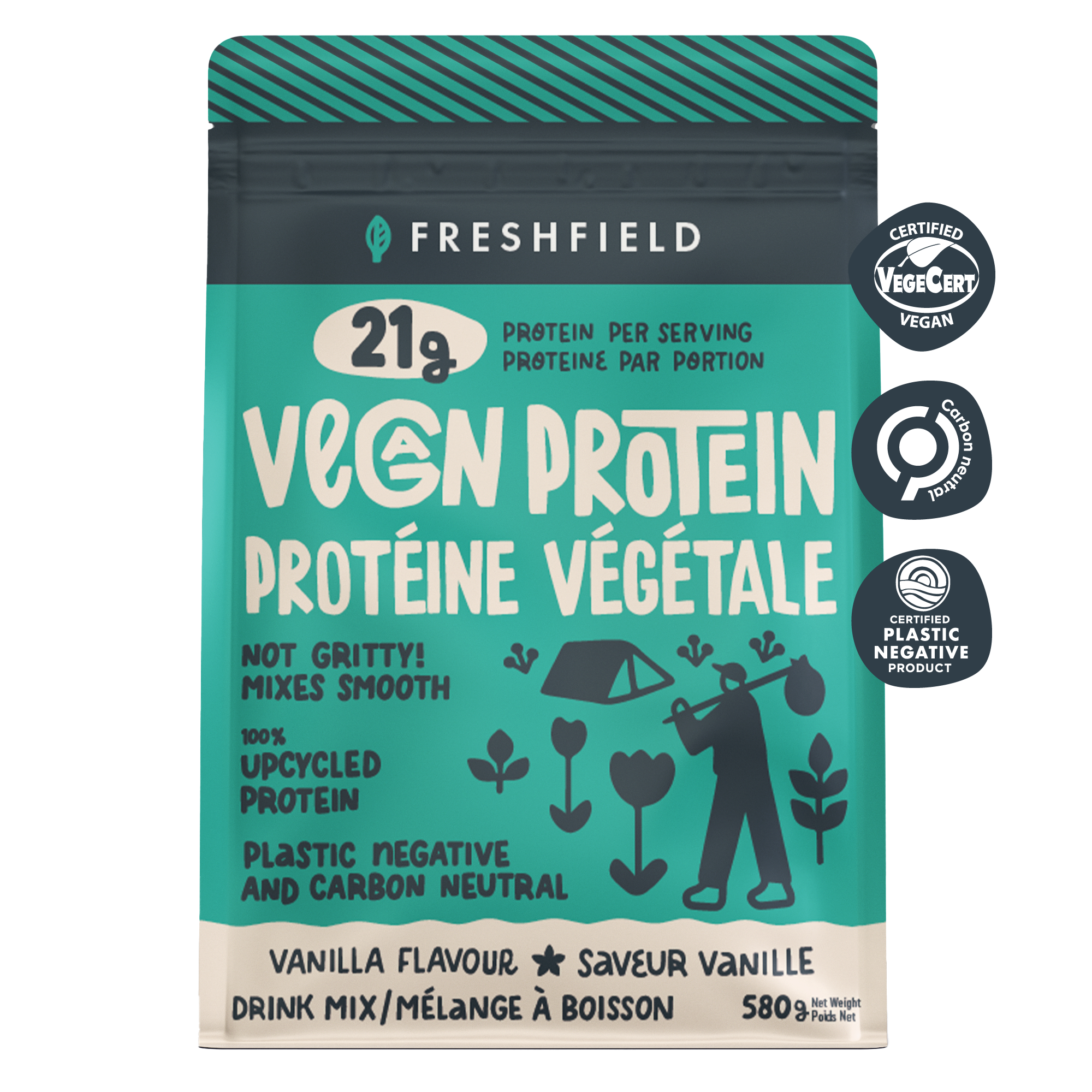
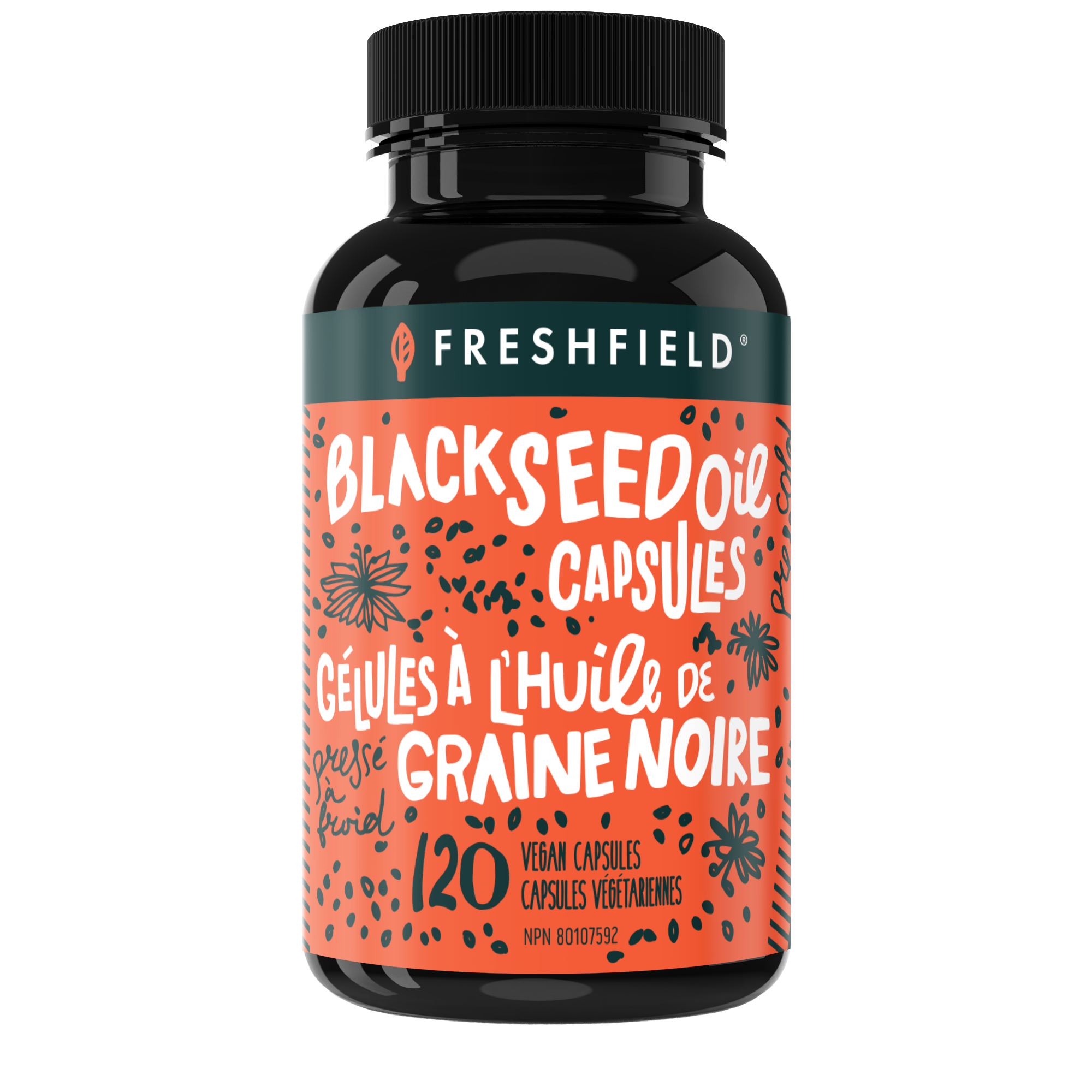
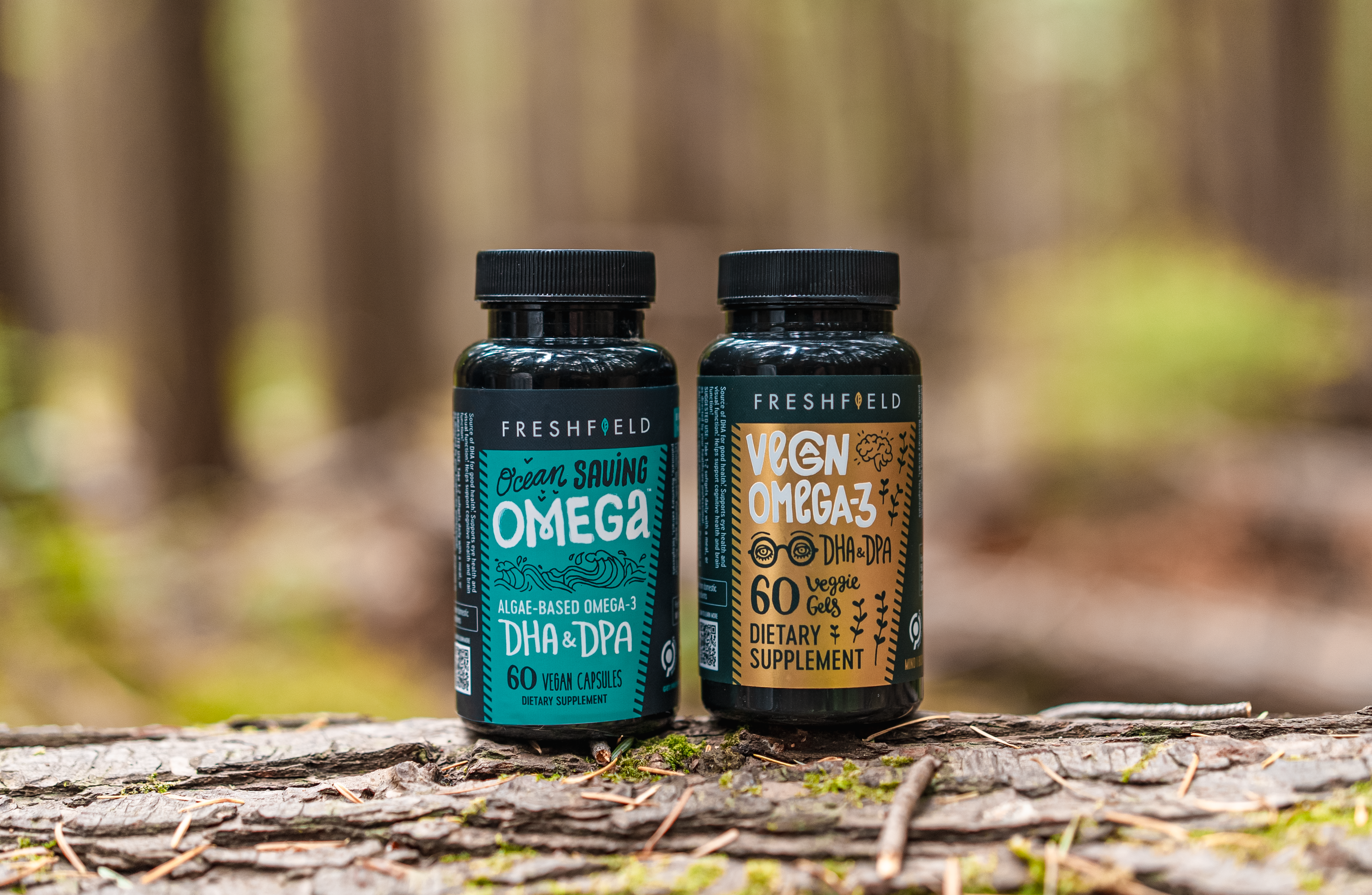
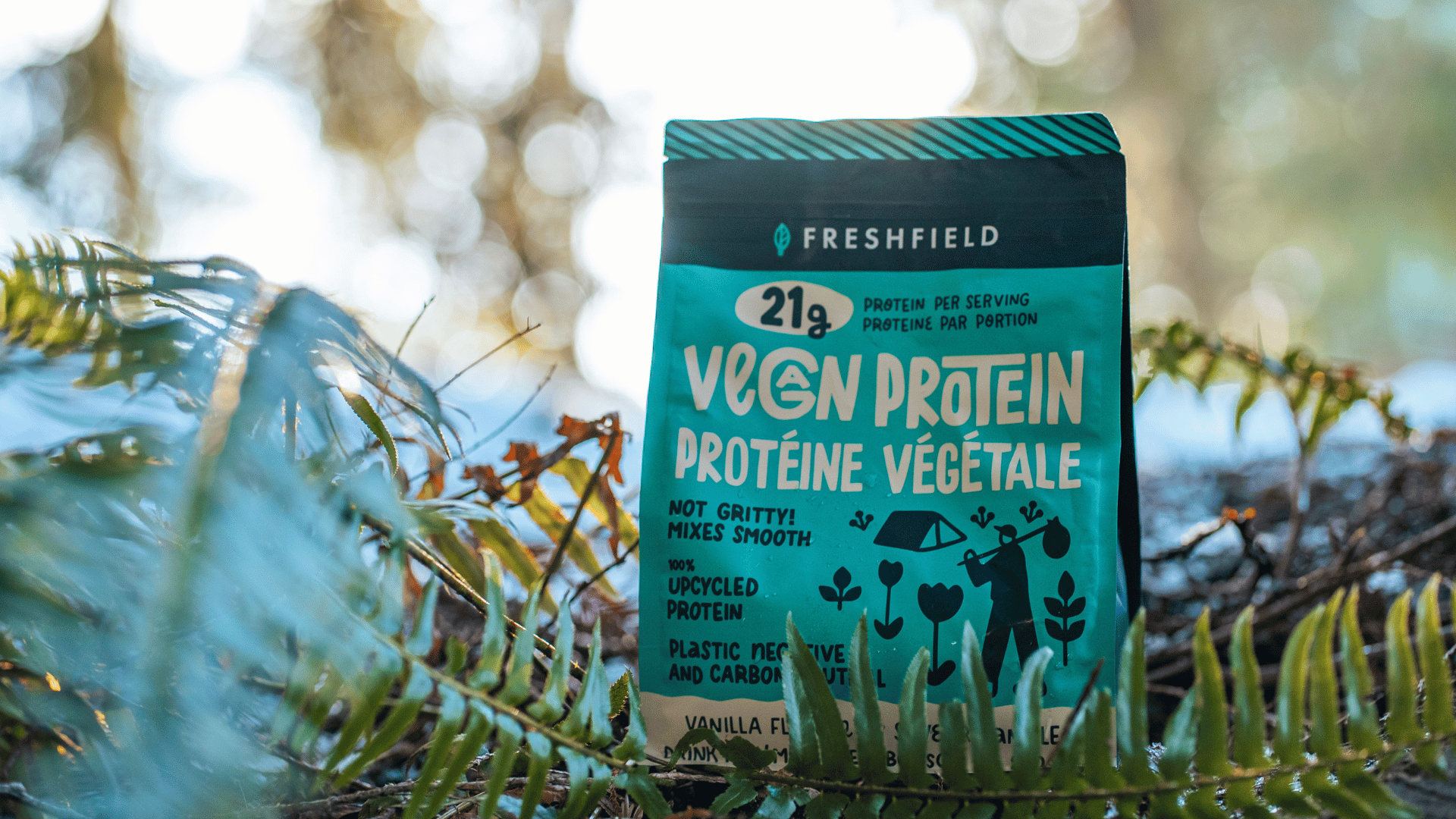
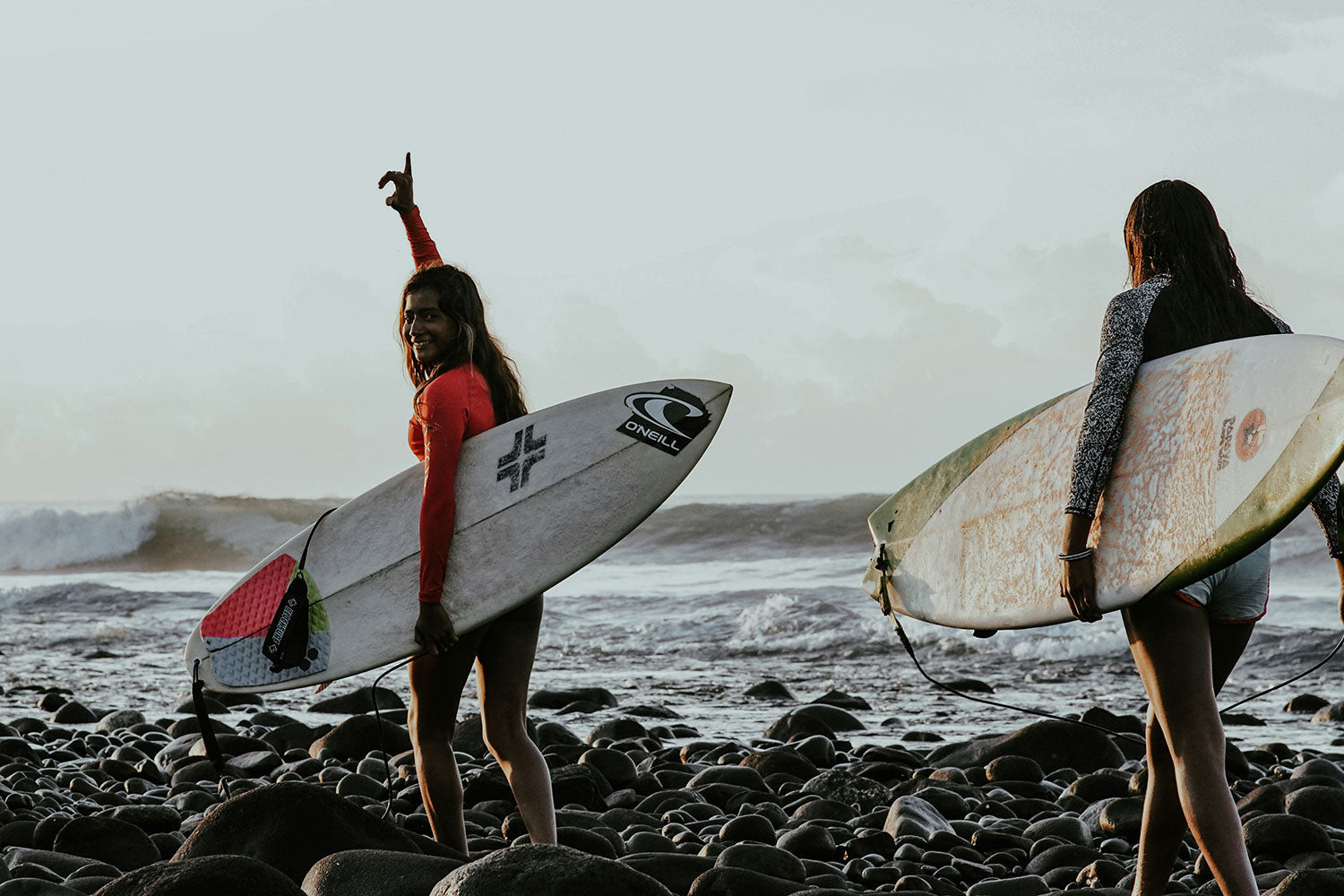
Share:
Four Cornerstones of Climate Action
Don't be an Ostrich